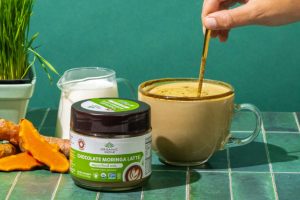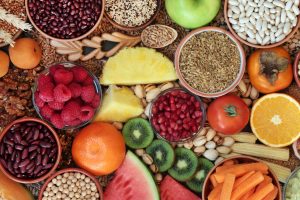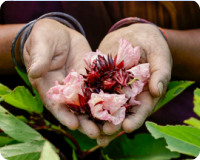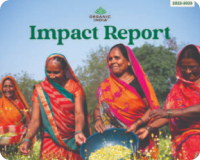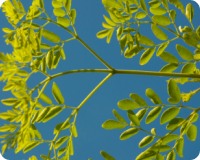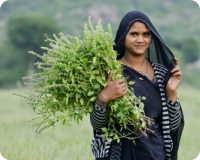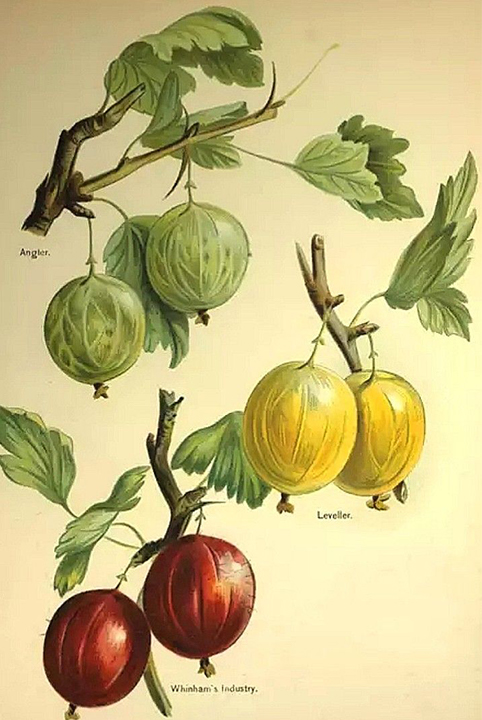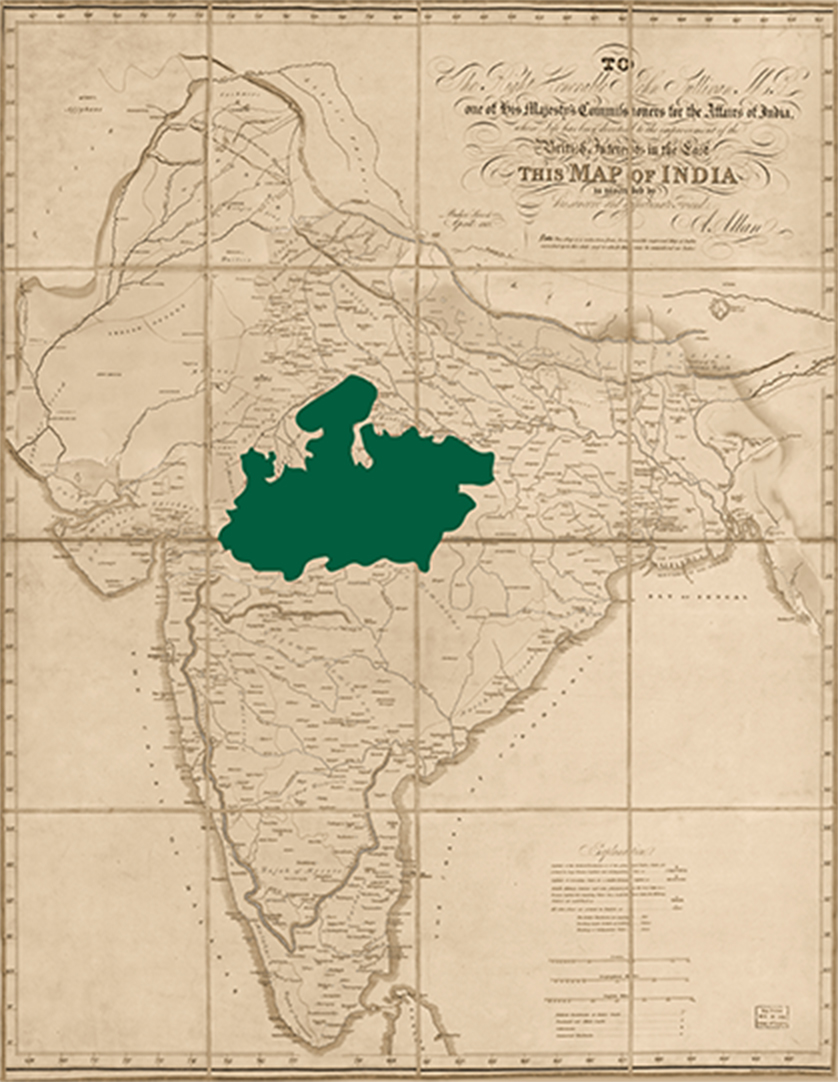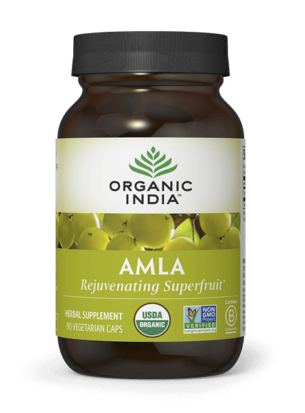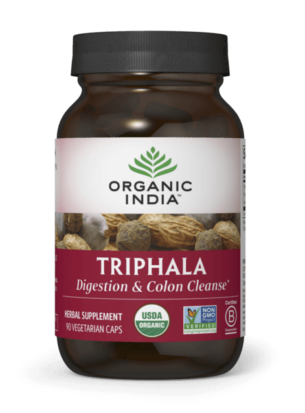

Section

Amla, also called Amalaki and Indian Gooseberry, has long been used in herbal traditions due to its support of everything from the immune health to detoxification. The herb is classified as a rasayana, meaning it has restorative properties that can help invigorate the whole mind-body-spirit system. The fruit, which is around the size of a golf ball, has long been used both for culinary purposes and herbal formulas – both topical and internal.
Amalaki is a wild-crafted product, meaning it is gathered from the forests of India rather than cultivated by farmers. ORGANIC INDIA Amalaki is harvested from forests that are designated as “organic” environments by the government of India — this ensures that wild Amalaki trees are protected from environmental pollutants and over-harvesting.
What sets ORGANIC INDIA Amla apart?
ORGANIC INDIA takes every avenue to operate in a way that is Beyond Sustainable, for both the planet and the amazing partners we work with. Our Amla is grown, harvested and prepared in adherence to the following principles and practices:
- Wild-Crafted Amla. Amalaki is a wild-crafted product, meaning it is gathered from the forests of India rather than cultivated by farmers.ORGANIC INDIA Amalaki is harvested from forests that are designated as “organic” environments by the government of India — this ensures that wild Amalaki trees are protected from environmental pollutants and over-harvesting.
- Small Family Farmers. Ethical partnerships are the heart and soul of our company. We contract with small, family-owned farms across India and purchase crops at premium market price. Most of our partners have been with us for more than ten years, and each is an integral part of our herbal family. As indispensable members of our team, we provide all of our farmers health insurance and ongoing training by agricultural experts who are at the cutting edge of organic and regenerative farming—a no-brainer for us, but an unfortunately unheard of practice in the industry.
- Regenerative Agriculture. We are deeply rooted in agriculture that is beyond sustainable—it’s regenerative. What this means is our farming practices not only preserve the land, they make it better. Regenerative means replenished soil, improved biodiversity, enhanced water conservation, and increased carbon sequestration. We look beyond our crop to the whole earth and our responsibility to it as a healthy conscious living company.
Amla Benefits for Mind and Body
The fruits, seeds, and leaves of the Amla tree have been used in traditional systems for thousands of years for everything from stress relief to cardiovascular support. In modern times, there have been more than 1000 phytochemical analyses and clinical studies done on Amla to reinforce its efficacy. One study refers to it as a “wonderberry,” and lists its uses as a diuretic, laxative, liver tonic, refrigerant, stomachic, restorative, alterative, hair tonic and more. Here are some of the top benefits of Amla:
- Adaptogen. Amla is categorized as an adaptogen, meaning that it helps support a healthy stress response.
- Detoxification. Amla may exhibit antioxidant activity to help with natural detox.
- Rasayana. It is also considered a “rasayana,” or rejuvenator in Indian tradition.
- Immunity. May help modulate a healthy immune response.
- Digestion. Amla may help soothe the digestive tract.
Traditional Significance of Amla
Amla holds symbolic, religious and health significance and is known as a magical elixir. In Hinduism, it is believed a heavenly nectar known as Amrita, or the elixir of life, fell from the Gods to the earth, from which Amla trees grew. The fruit is also referred to as a divyaushada, or divine remedy, because it contains all five tastes of sweet, sour, bitter, astringent and pungent that aid and protect the body. To this day there is a Hindu festival that takes place between October and November to celebrate the tree’s physical and spiritual benefits. In Buddhism, the Amalaki tree was a gift to the Buddha’s students from the Emperor Ashoka, and was believed to help students attain enlightenment.
Who is it for?
Amla is a beneficial addition to anyone’s health regimen. It is great for all around immune function, whole body cleansing and even natural beauty if used topically in a mask. It is extremely versatile and easy to consume in supplements, powder, tea and even whole form if you can locate it.
Amalaki for Healthy Conscious Living
ORGANIC INDIA’s Amla is wildcrafted according to ancient Ayurvedic regenerative cultivation practices to ensure the highest possible efficacy, or “prana.” All ORGANIC INDIA herbs are processed and tested in compliance with FDA and World Health Organization safety protocols.
At ORGANIC INDIA, we recognize the vast interconnectedness of life. From seed, to soil, to field, to factory, our products empower the farmers of India, promote environmental and economic recovery, and provide wellness solutions derived from nature’s intelligence.
Shop Amalaki Products